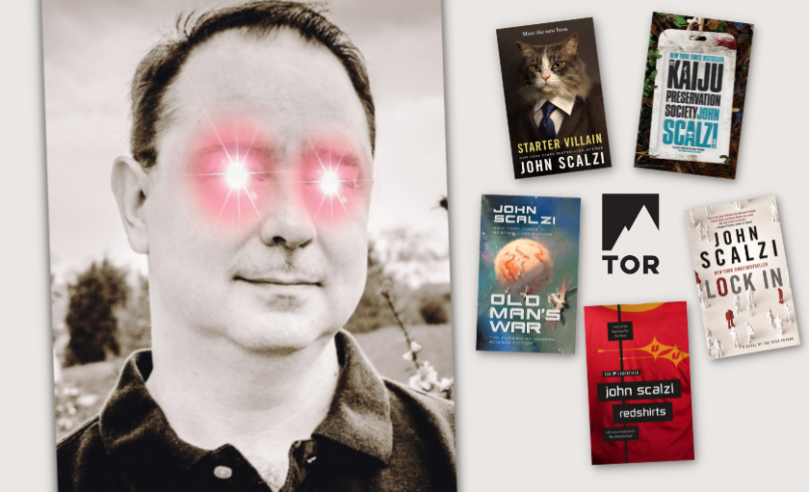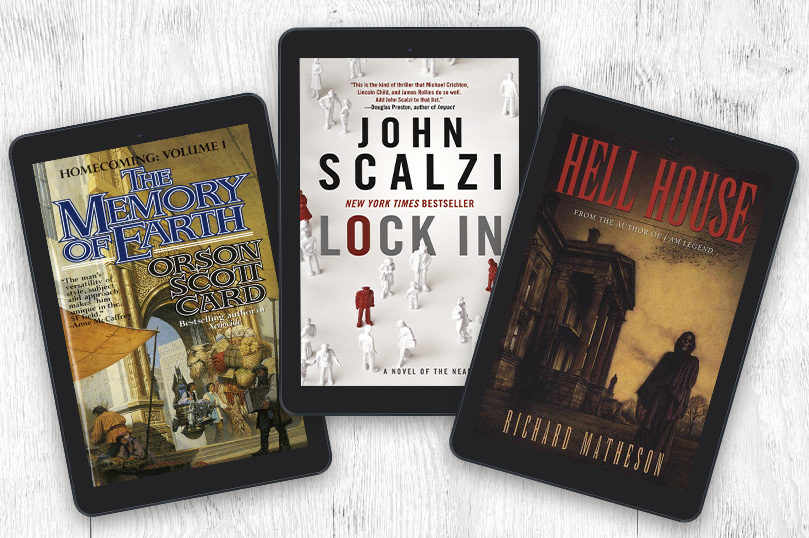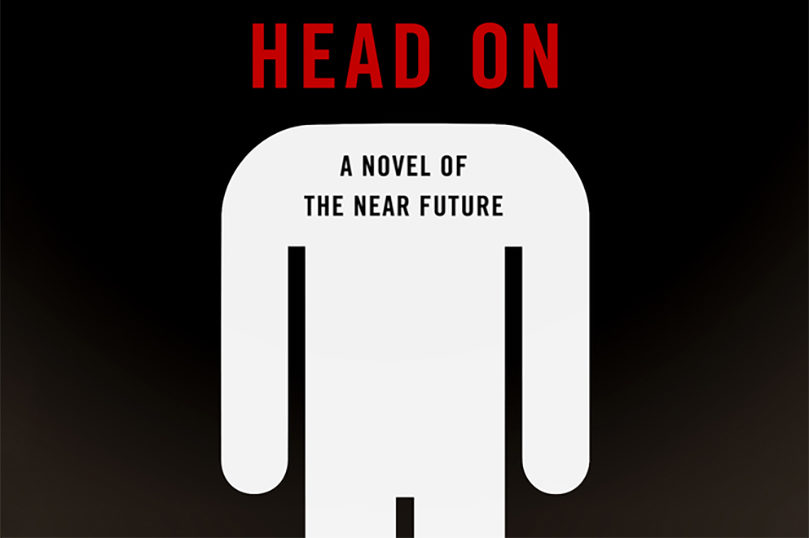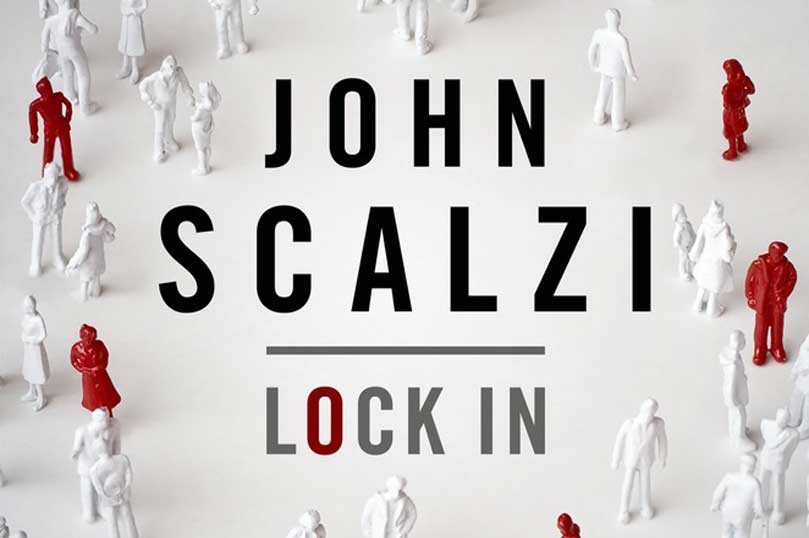
Which Scalzi Should You Read Next?
From books to burritos, author John Scalzi is an expert at delivering ingenuity, excitement, and unexpected plot twists (and ingredients). Check out this quiz to find out which Scalzi you should read next!

From books to burritos, author John Scalzi is an expert at delivering ingenuity, excitement, and unexpected plot twists (and ingredients). Check out this quiz to find out which Scalzi you should read next!

It’s a new month and that means…NEW EBOOK DEALS! Check out the below to find out which books you can snag for only $3.99.

New ebook bundles of books by Orson Scott Card, John Scalzi, and more are on sale!

Loved John Scalzi’s Lock In? We’re giving away advance copies of the sequel, Head On! Comment for a chance to win.

When it came to writing Lock In and Head On, John Scalzi decided that the gender of his protagonist was a mystery, even to him.

Start reading John Scalzi’s near-future thriller Lock In before the sequel, Head On, arrives on April 17th.
Tor/Forge at the 2015 American Library Association Conference Join Tor/Forge Books at the American Library Association’s 2015 Annual Conference in San Francisco from June 26th to June 29th. Galleys, posters, and other giveaways will be available throughout the show in the Tor/Forge Books booth (#1013)! Join us for the following events: Tor Books and the…
We’re pleased to announce our winners and short list selections from the 2015 RUSA Reading Lists: Fantasy winner: The Goblin Emperor by Katherine Addison Women’s Fiction winner: My Real Children by Jo Walton Science Fiction short list selection: Lock In by John Scalzi Mystery short list selection: The Midnight Plan of the Repo Man by W.…
The nominees have been announced for the 2014 Goodreads Choice Awards and fiveTor titles have made the cut! In the Science Fiction category: Earth Awakens by Orson Scott Card and Aaron Johnston Lock In by John Scalzi In the Fantasy category: The Emperor’s Blades by Brian Staveley Words of Radiance by Brandon Sanderson The Goblin Emperor by Katherine Addison…
Celebrating LOCUS Magazine’s Best Publisher for the 27th year in a row! New York Comic Con is upon us once again and this year we’re pleased to welcome Greenlight Bookstore in our booth! They will be selling titles for our in-booth signings, featuring Brandon Sanderson, John Scalzi, Cory Doctorow and others! There will also be…